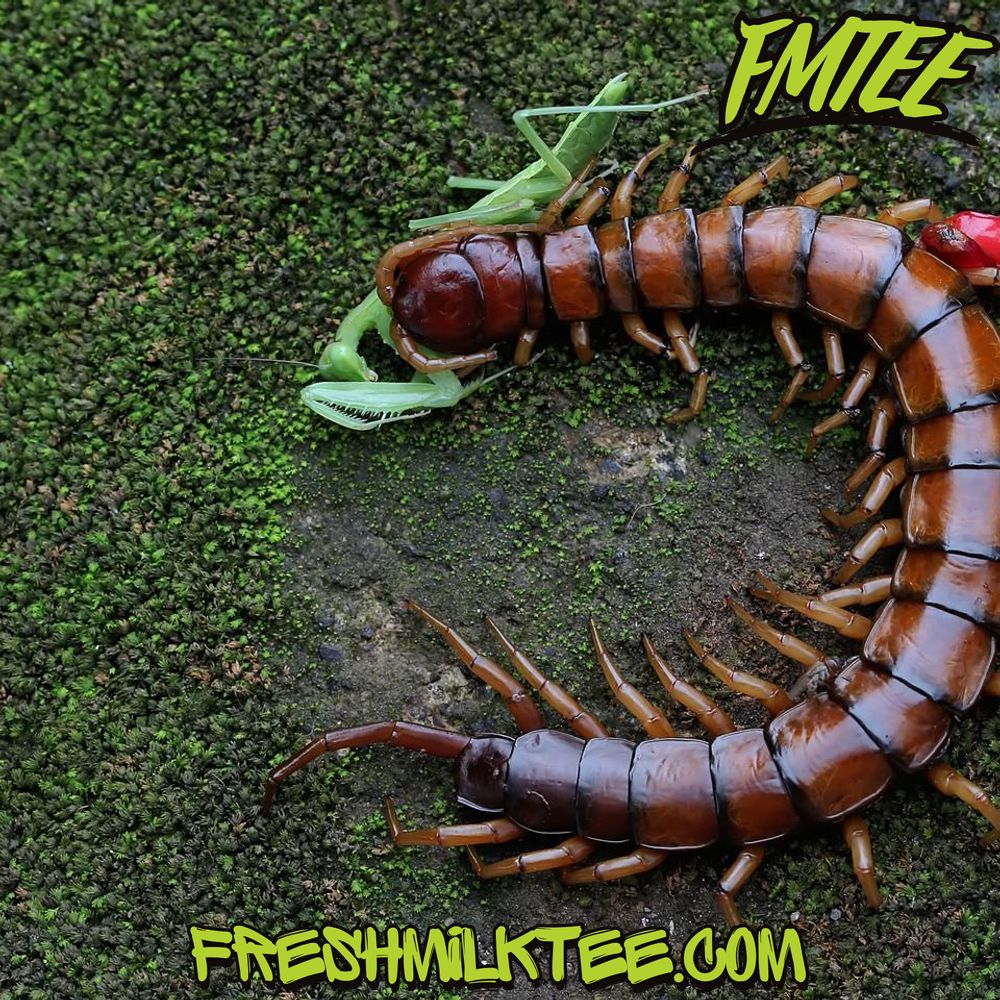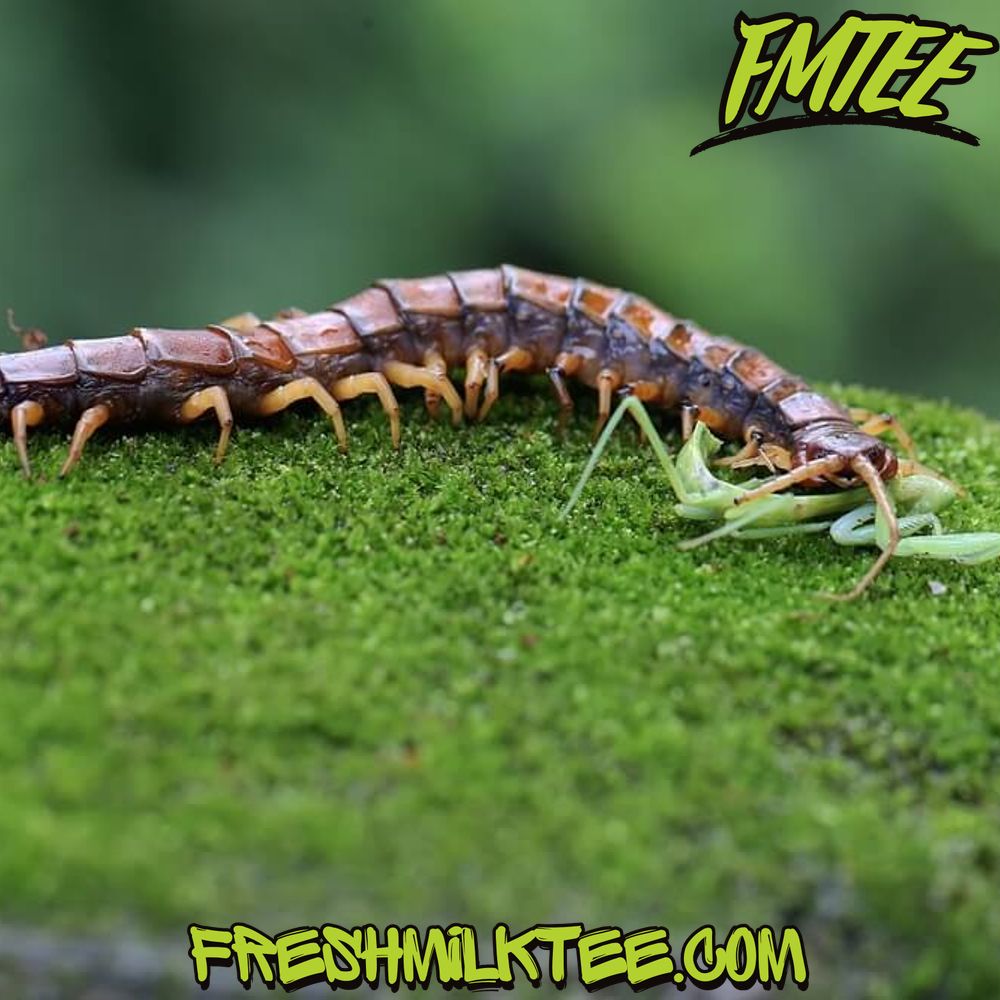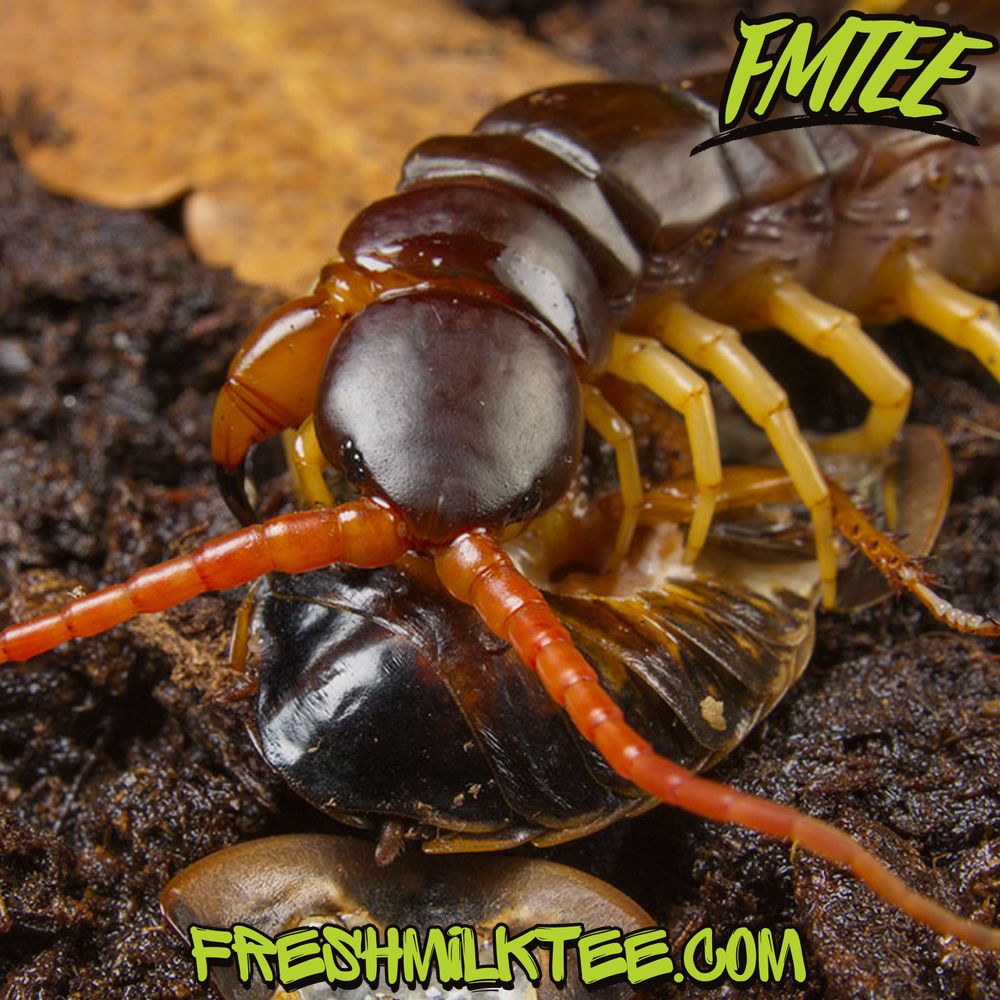Blog
What Do Centipedes Eat?
What Do Centipedes Eat?
Centipedes are fascinating creatures that play an important role in the natural ecosystem. Understanding what centipedes eat can help you manage them in your home or garden, and also provide insight into their behavior. This guide delves into the various aspects of centipede diets, including their feeding habits in the wild, in your home, and even in captivity. Whether you are looking to understand their ecological significance or find solutions to a centipede problem, this article provides comprehensive answers.
Introduction
Centipedes, scientifically known as Chilopoda, are predatory arthropods that can be found in various environments around the world. With their numerous legs and segmented bodies, they are skilled hunters that feed on a wide range of smaller creatures. Understanding what they eat is crucial to managing their presence in your home or garden and also appreciating their role in nature.
What Do Centipedes Eat?
Centipedes are carnivorous and feed on a variety of smaller animals. They are opportunistic hunters and are well-equipped with venomous fangs that help subdue their prey. Their diet primarily consists of insects, spiders, worms, and other small invertebrates.
Centipede Diet in the Wild
In the wild, centipedes play an important role as natural predators. They help maintain the balance of local ecosystems by feeding on a variety of creatures, including insects, spiders, and even small termites and ants. Centipedes are nocturnal hunters, preferring to hunt at night when their prey is most active. They use their venomous bites to immobilize and consume their victims.
Centipedes in the wild can vary in size, and the larger species are capable of taking down larger prey. For example, the giant centipede, which can grow up to 12 inches in length, is known to feed on small vertebrates like lizards and frogs.
Centipede Food Preferences in the Garden
In the garden, centipedes are beneficial creatures as they help control the populations of pests such as ants, termites, and cockroaches. Centipedes feed on these pests, keeping garden plants safe from destructive insects. Their presence can help reduce the need for chemical pesticides, promoting a healthier, more sustainable garden environment.
Centipedes are commonly found in areas with high moisture levels, as they require a damp environment to thrive. Gardens with plenty of organic matter, such as decaying leaves and mulch, provide an ideal habitat for them to hunt.
Centipede Diet in the House: What Do House Centipedes Eat?
House centipedes (Scutigera species) are frequently found in homes, especially in damp, dark areas such as basements, bathrooms, and kitchens. These centipedes are known for their rapid movement and are often seen darting across floors in search of food.
What Do House Centipedes Eat?
House centipedes are opportunistic predators that primarily feed on smaller insects and arachnids. They are commonly found feeding on ants, cockroaches, termites, spiders, and other small pests that may infest a home. By consuming these pests, house centipedes can help reduce the presence of harmful insects in your living space.
While they are generally harmless to humans, their rapid movement and appearance can be unsettling. Understanding their diet can help homeowners appreciate the benefits these creatures bring to the home, as they act as natural pest control agents.

Do Centipedes Eat Other Bugs?
Yes, centipedes are known to eat a variety of other bugs. Their diet primarily consists of insects such as ants, termites, cockroaches, and other small invertebrates. They also consume spiders, which they can overpower with their venomous bite.
Do Centipedes Eat Ants, Termites, or Cockroaches?
One of the primary reasons centipedes are found in homes is that they feed on common pests like ants, termites, and cockroaches. These pests are abundant in many households, especially in humid or warm climates, making them an easy food source for centipedes. By feeding on these pests, centipedes can help reduce the need for chemical pest control.
In gardens, centipedes also play a role in controlling pest populations, particularly termites and ants, which are known to damage plants and structures.
Do Centipedes Eat Spiders?
Centipedes are known to eat spiders as part of their diet. They use their venomous fangs to immobilize spiders and other small arachnids. Since centipedes are predators, they can overpower spiders, even larger ones, using their agility and venom.
Centipedes in Captivity: What Do They Eat?
Centipedes are sometimes kept as pets by enthusiasts who appreciate their unique appearance and behavior. In captivity, centipedes require a diet that mimics their natural feeding habits.
What Do Centipedes Eat in Captivity?
In captivity, centipedes are typically fed live insects, such as crickets, mealworms, and other small invertebrates. Pet centipedes require a diet that is high in protein, similar to their natural diet in the wild. It is important to provide a varied diet to ensure they receive all the nutrients they need.
Additionally, centipedes in captivity should be housed in a humid environment, as they require moisture to stay healthy. Providing appropriate food and habitat conditions is crucial to maintaining a healthy centipede in captivity.
The Role of Centipedes in the Food Chain
Centipedes are an important part of the food chain. As predators, they help control the populations of smaller animals, such as insects and arachnids, which could otherwise become pests in ecosystems. By feeding on these creatures, centipedes help regulate the population of these species and contribute to a balanced environment.
Centipede Food Chain and Their Role in Maintaining Balance
Centipedes play a vital role in keeping ecosystems balanced. Their feeding habits ensure that populations of smaller pests, such as ants and termites, do not grow out of control. This helps maintain a healthy balance in both wild and domestic environments, where centipedes act as natural pest controllers.
In addition, centipedes themselves are prey for other animals, such as birds, amphibians, and small mammals. Thus, centipedes are an integral part of the food web, contributing to the survival of other species while controlling pest populations.
Centipedes and Other Creatures: Do Centipedes Eat Mice or Worms?
While centipedes generally feed on smaller invertebrates like insects and spiders, some larger species, such as the giant centipede, are capable of eating small vertebrates like lizards and frogs. However, it is unlikely for most centipedes to consume mice or worms.
Their diet primarily consists of smaller invertebrates that are easier to subdue with their venomous bite.

How to Manage Centipedes in Your Home
While centipedes are generally beneficial in controlling pests, they can sometimes be a nuisance when they enter homes. Understanding their diet and behavior is key to managing them effectively.
What Attracts Centipedes to Your Home?
Centipedes are attracted to environments that are damp, dark, and cool. They are often found in areas such as basements, bathrooms, and kitchens. To reduce the likelihood of a centipede infestation, it is important to address any moisture issues in your home and eliminate potential food sources such as insects and spiders.
How to Deter Centipedes from Entering Your Home
To deter centipedes, keep your home dry by using dehumidifiers in damp areas. Seal any cracks or gaps in walls and windows, as these provide entry points for centipedes. Regularly vacuum and clean areas where insects might congregate, as these provide food for centipedes. For more information on managing centipedes, you can visit these helpful resources:
- Orkin: What Do Centipedes Eat?
- Native Pest Management: What Do Centipedes Eat?
- Verywell Health: House Centipede Bite
Frequently Asked Questions (FAQs)
What do centipedes eat in the wild?
Centipedes in the wild primarily eat insects, spiders, and other small invertebrates like termites and ants. Larger species may also feed on small vertebrates.
Do centipedes eat other bugs like ants or cockroaches?
Yes, centipedes feed on ants, cockroaches, and termites, making them valuable for natural pest control in homes and gardens.
Do centipedes eat spiders?
Yes, centipedes do eat spiders. They use their venomous fangs to immobilize and consume spiders and other small arachnids.
What do house centipedes eat?
House centipedes feed on insects and arachnids, such as ants, cockroaches, and spiders, helping to reduce pest populations in your home.
Are centipedes dangerous to humans?
While centipedes may bite in self-defense, their venom is not harmful to humans. However, their bites can cause mild pain or irritation in some cases.
Conclusion
Centipedes are fascinating predators that play a crucial role in the ecosystem by controlling the population of smaller pests. Whether in the wild, in your garden, or inside your home, understanding what centipedes eat can help you manage their presence and appreciate their ecological benefits. By learning about their diet and behavior, you can make informed decisions on how to coexist with these interesting creatures.

